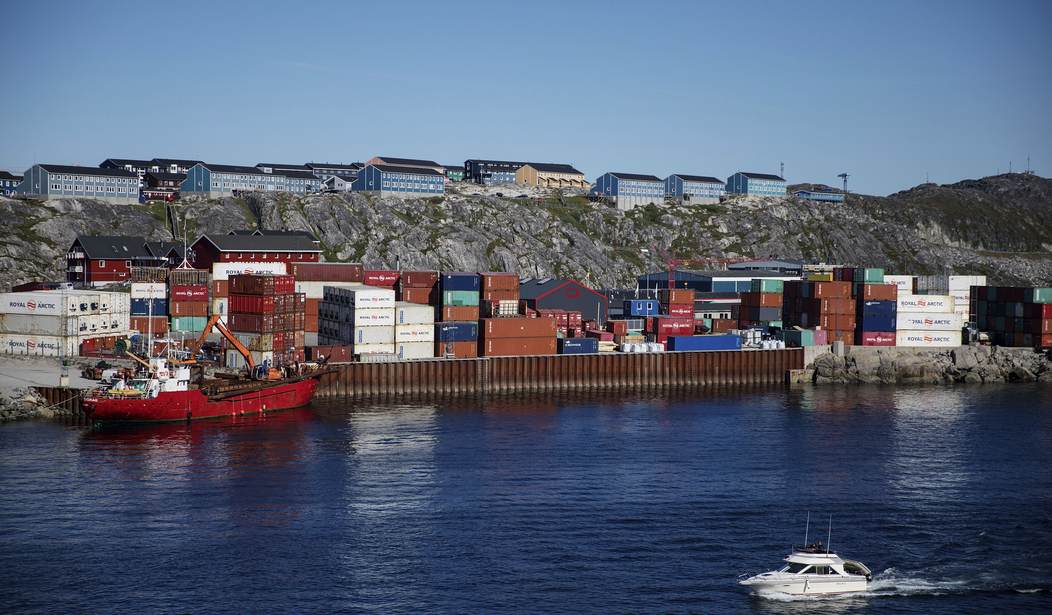Democrats hailing the passage of the $1.2T infrastructure bill are ignoring the fact it fails to address the terminal backup. Oh, they say it’ll be fixed through millions of dollars thrown into the construction of new facilities but how do you solve an issue rooted in labor problems, not terminals?
Did you know the Los Angeles and Long Beach ports operate weekdays and not overnight? Port authorities attempted to go to 24/7 operations in September and October but added a smattering of weekend shifts. Long Beach is the only port able to get a weekend overnight shift with everything else “To Be Determined.”
Productivity issues also exist within ports. Via The Journal of Commerce.
Huge cost increases, limited ability to automate terminals, chronic avoidable disruption during contract negotiations, and far lower productivity and working hours compared with ports in Asia and elsewhere around the world are at are core of the issue.
As just one example, for ship calls greater than 6,000 TEU, i.e. most mega-ship calls, it takes 24 seconds on average to move a container at Yangshan, Qingdao, and Yantian, versus or 48 seconds at Los Angeles — basically double the amount of time, according to an analysis of three years of IHS Markit Port Performance data.
The major issue? Union power. International Longshore and Warehouse Union told NBC their workers wanted to be on the job longer, but ultimately blamed the port operators and other parts of the supply chain. This goes contrary to complaints made by truck drivers to NBC News and Washington Examiner about long waits for cargo. Guess who represents crane operators? Those who said ILWU get one of Marvel Comics’ famed “no-prizes” for being correct.
Cato Institute’s Gabriella Beaumont-Smith also noted another major problem involves government inspectors of said cargo.
The Customs and Border Protection (CBP) officials who must clear and admit goods do not work nights or weekends. These limits create additional pressure to have goods shipped to the United States during a prohibitive time frame, or leave ships idling around the ports until they can get in. The latter is the most common response. Recently, ships have been waiting an average of 12.5 days to enter the LA port.
There’s not a single peep on whether CBP is even considering changing their contract to allow overnight and weekend work. Perhaps getting the CBP union to modify their own working hours would encourage other unions to do the same.
Her other suggestions include removing aluminum, steel, and Chinese truck chassis tariffs and modifying the Jones Act so foreign-built ships can dock at American ports. All worthy, yet complicated goals given the power unions possess within American politics.
None of this you’ll hear from those in Washington, DC pushing this infrastructure bill. It’s all about the fact more money will go towards building more facilities or whatever over the next few years which does nothing to solve the actual issue. Oh, and the ports and union get to negotiate a new contract next year. Here’s hoping the new contract involves additional shifts because there’s no way the longterm issue gets solved without them.








Join the conversation as a VIP Member